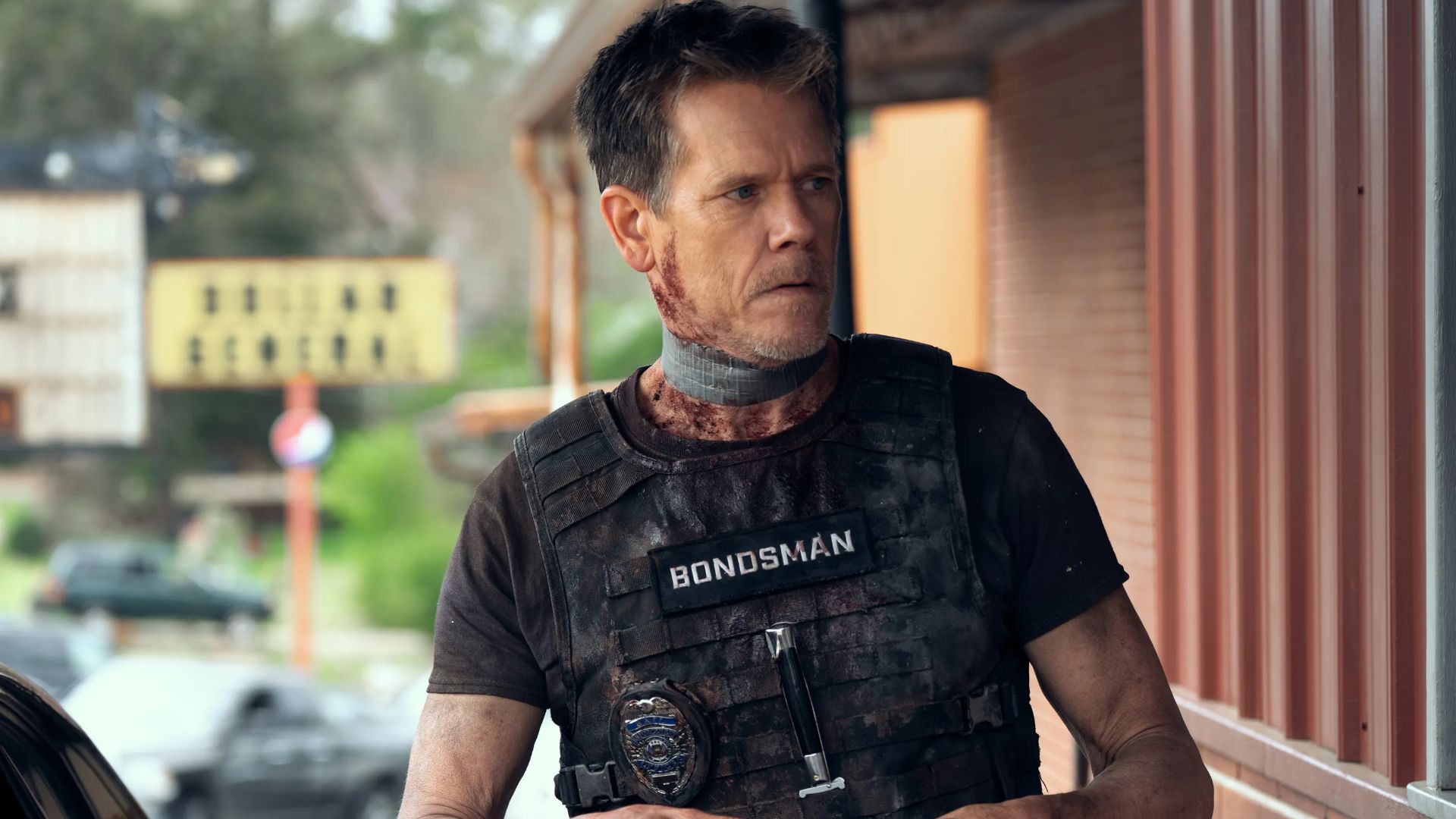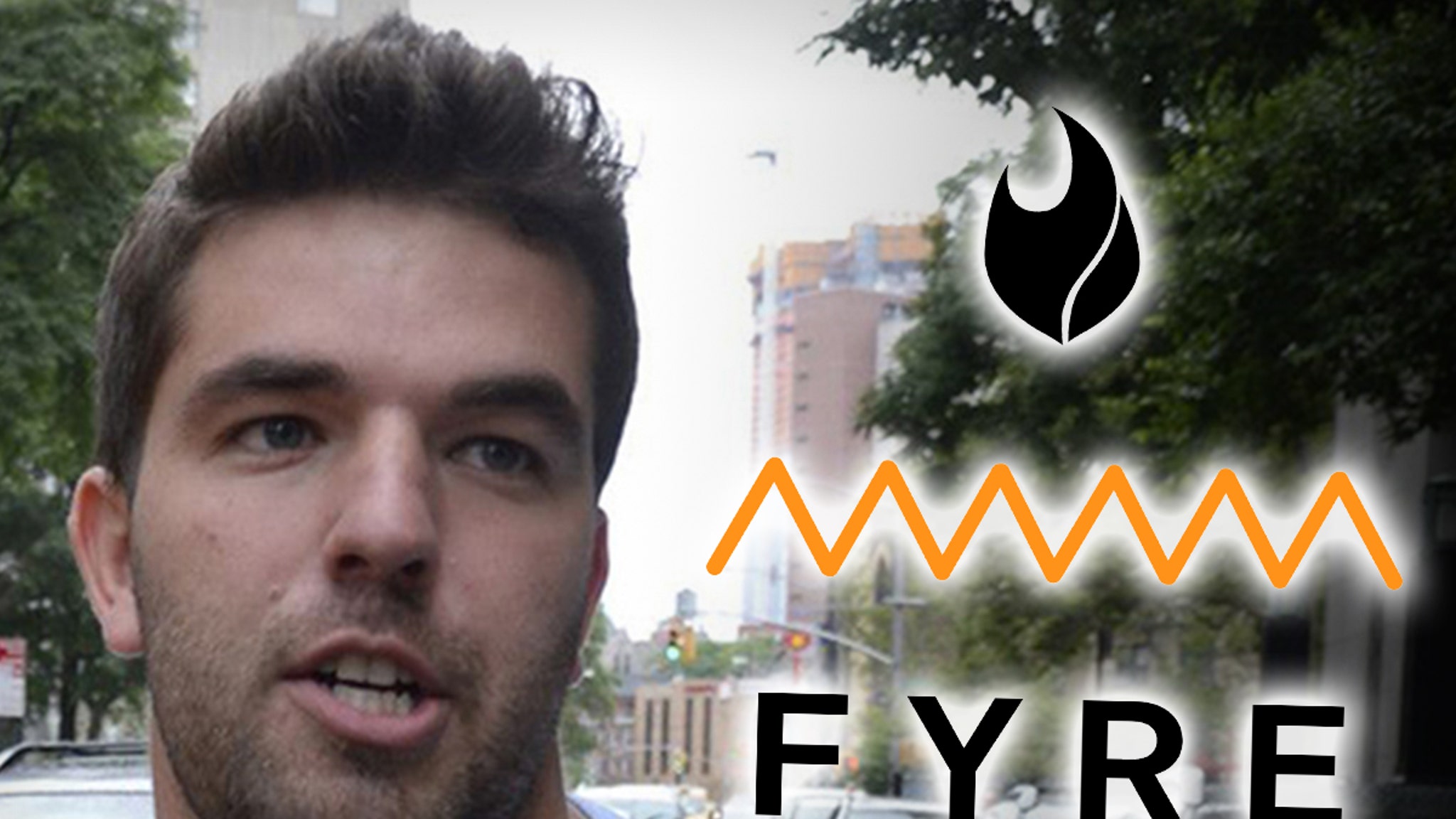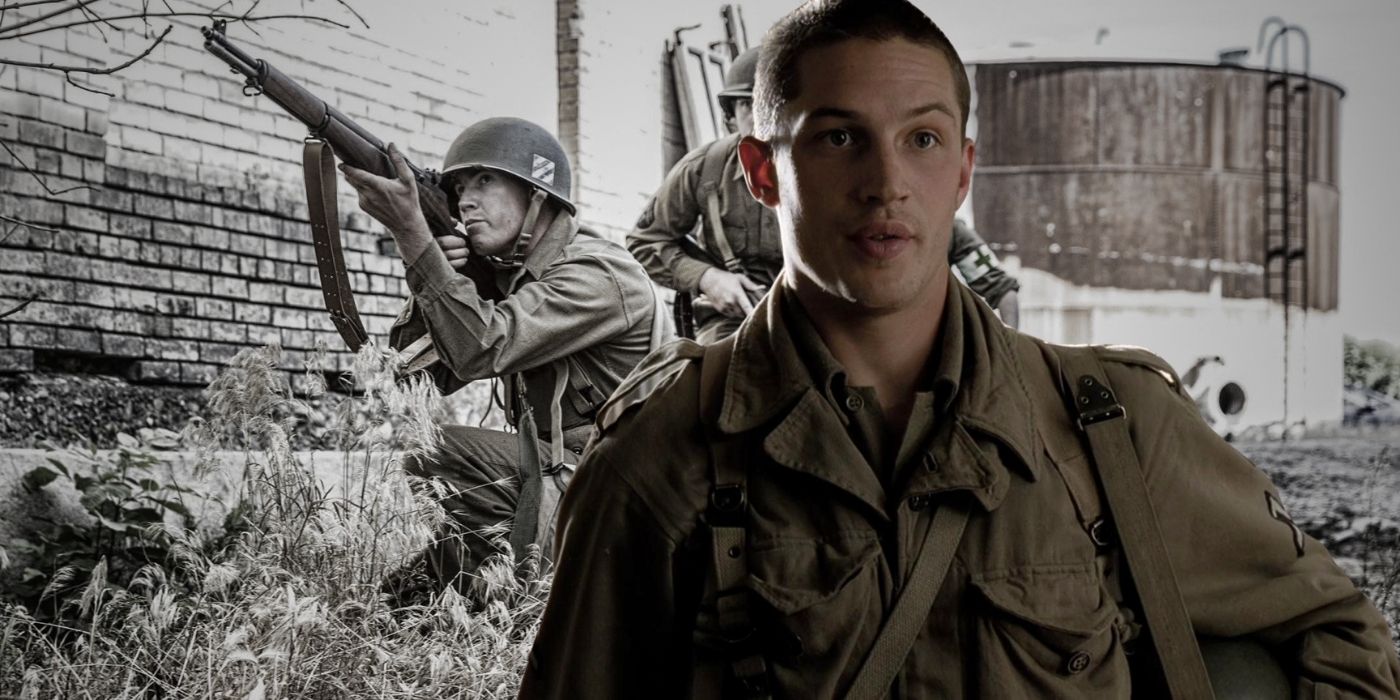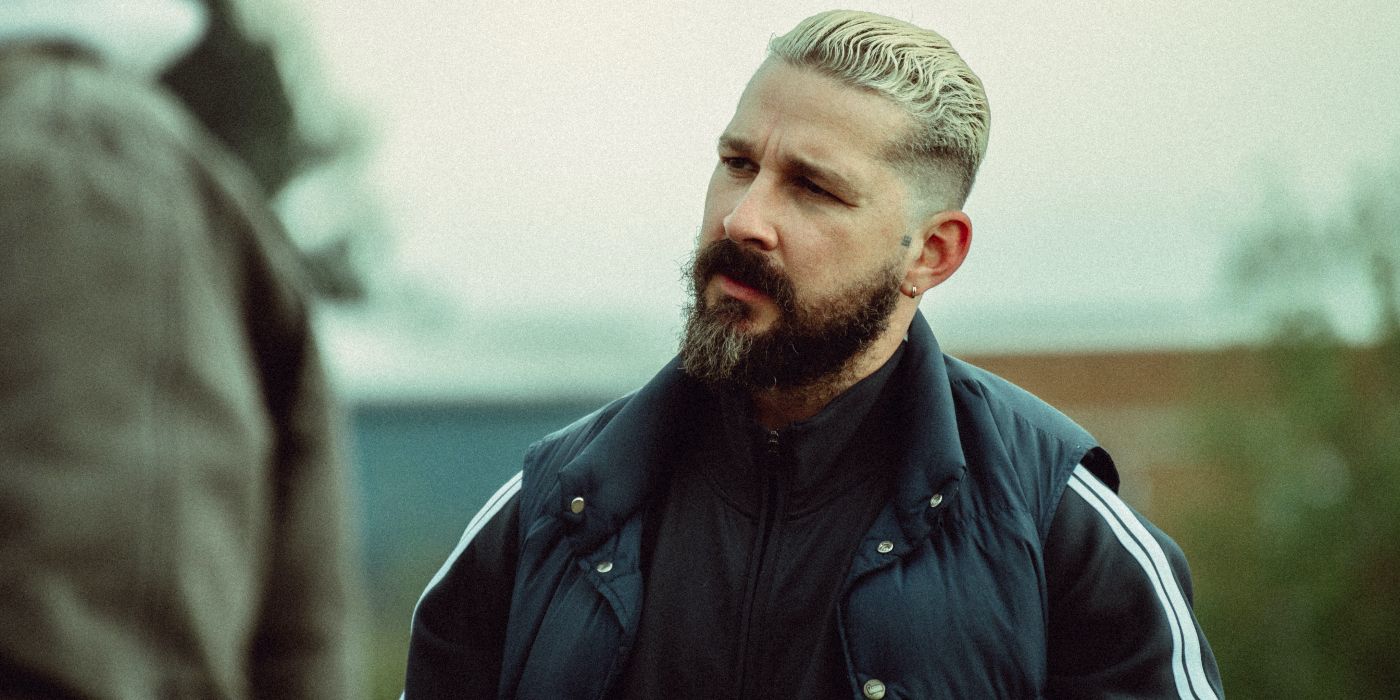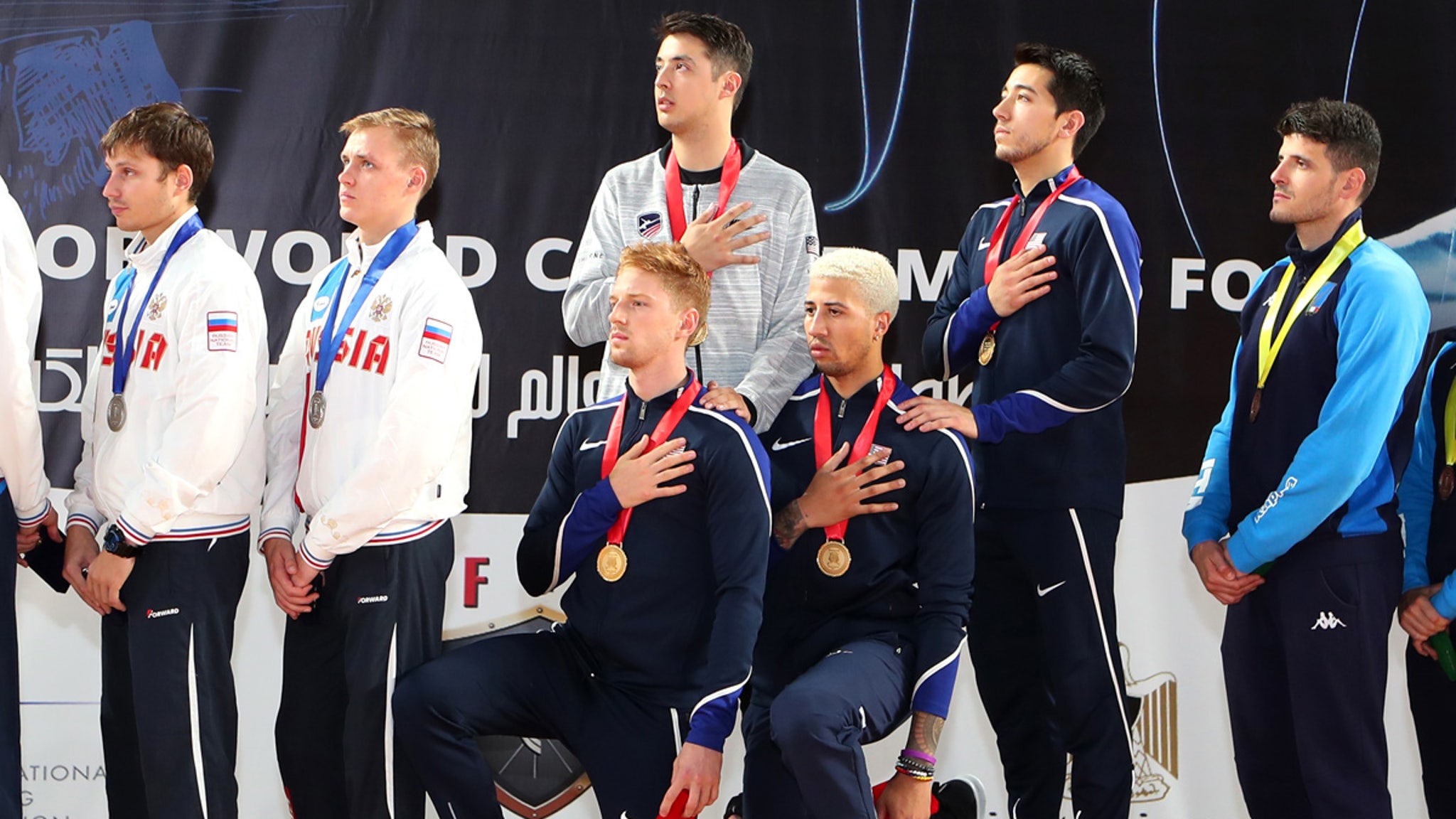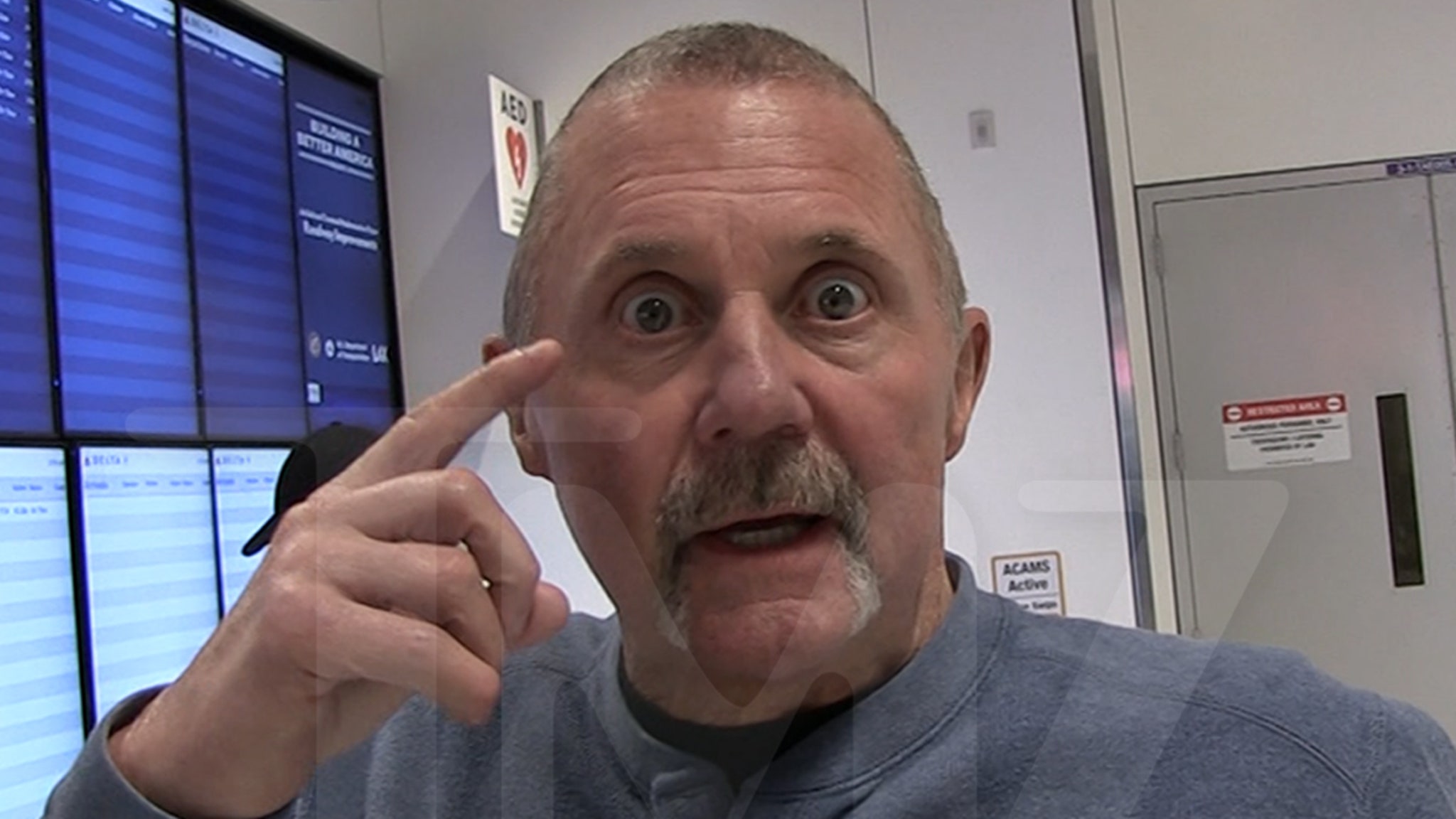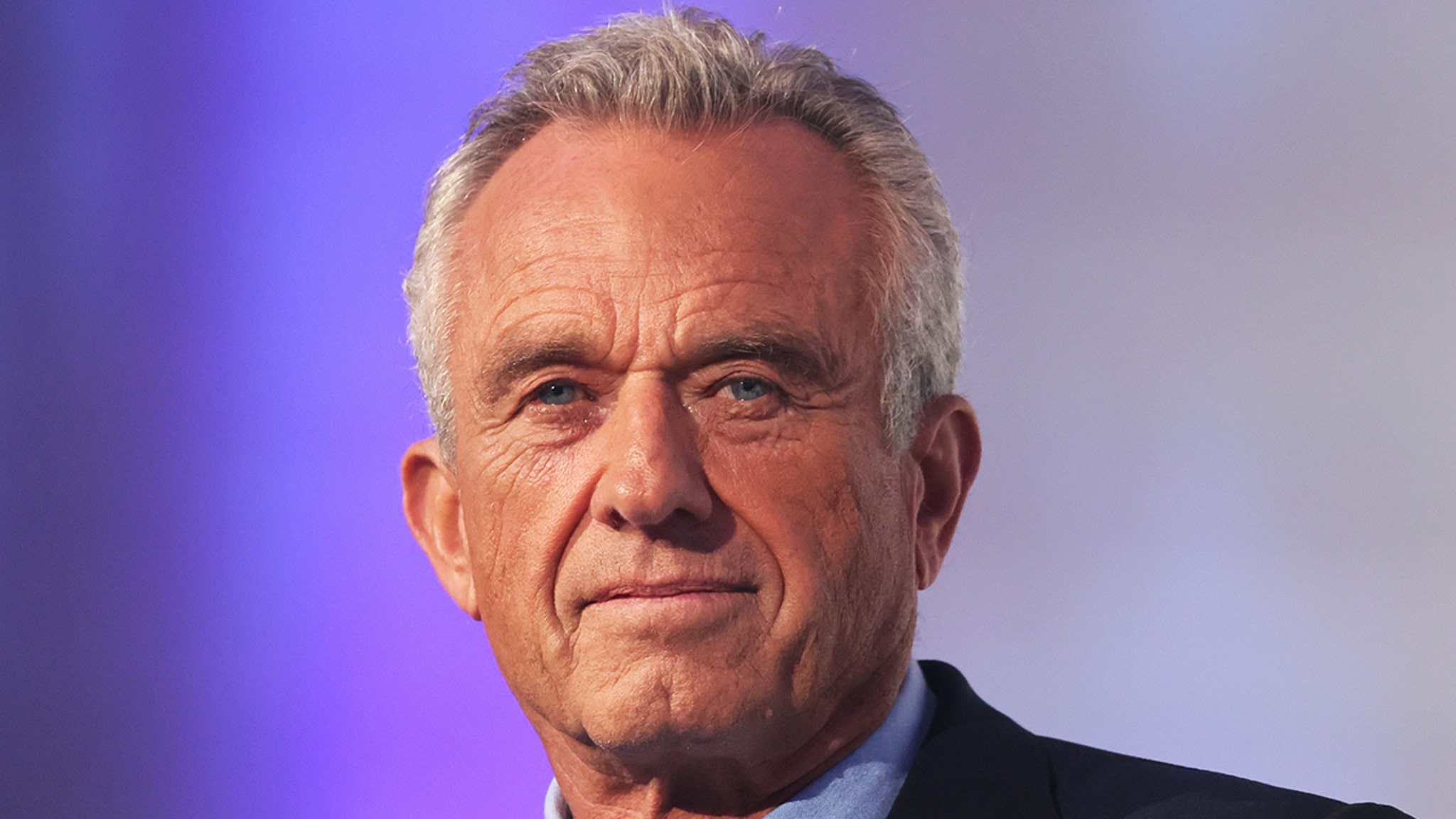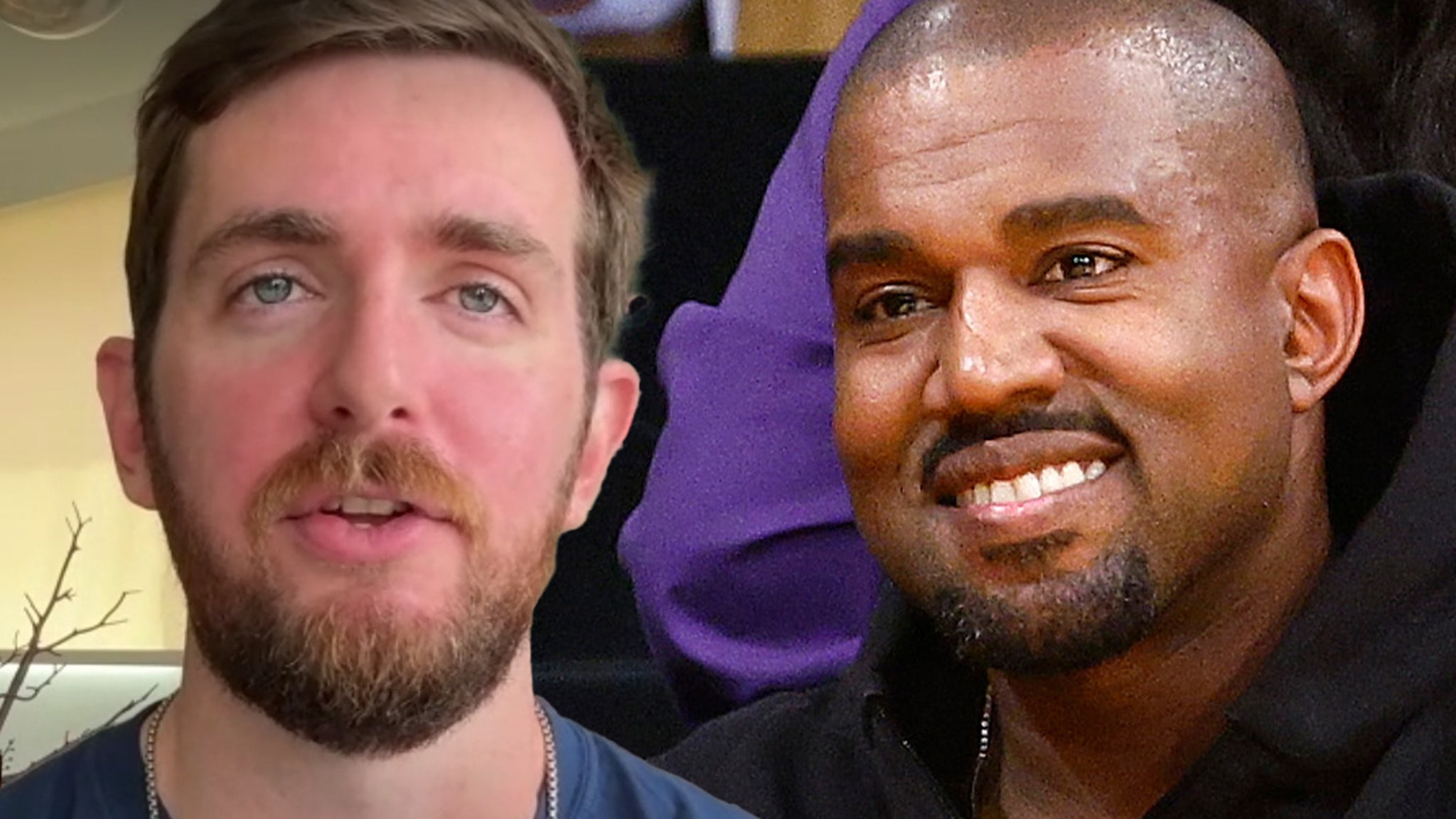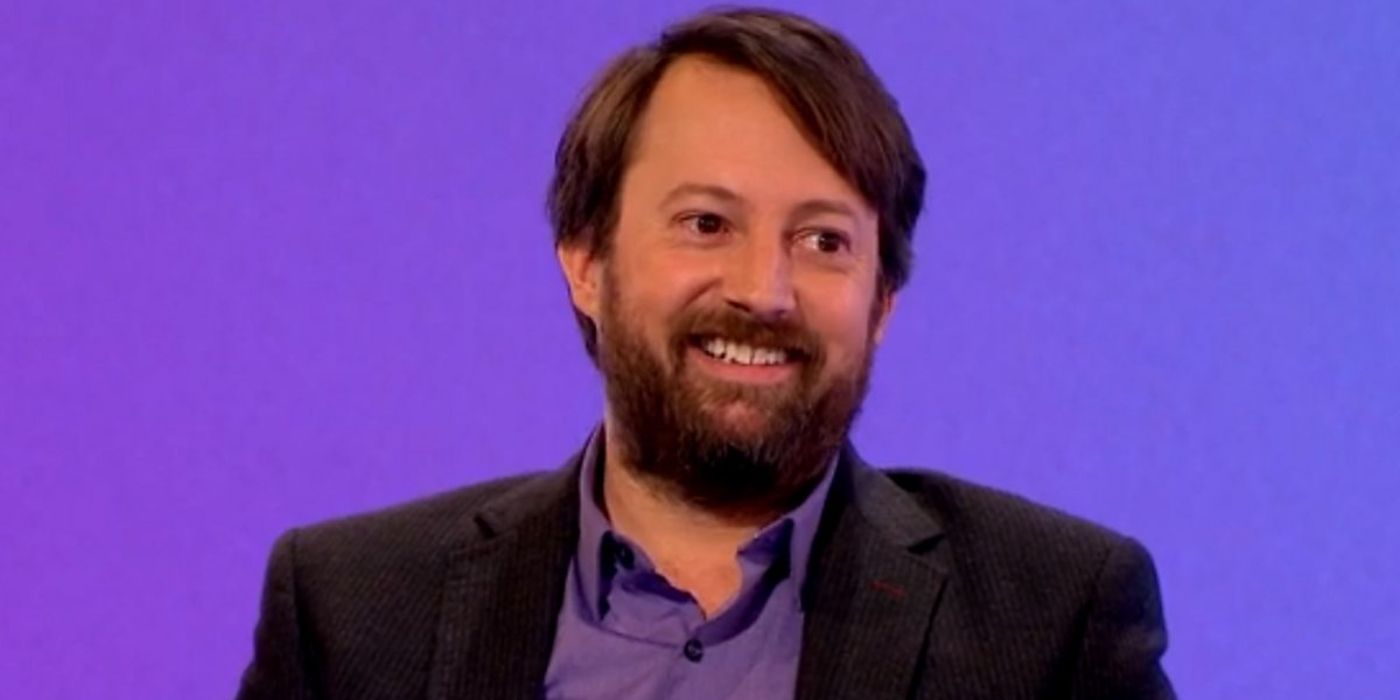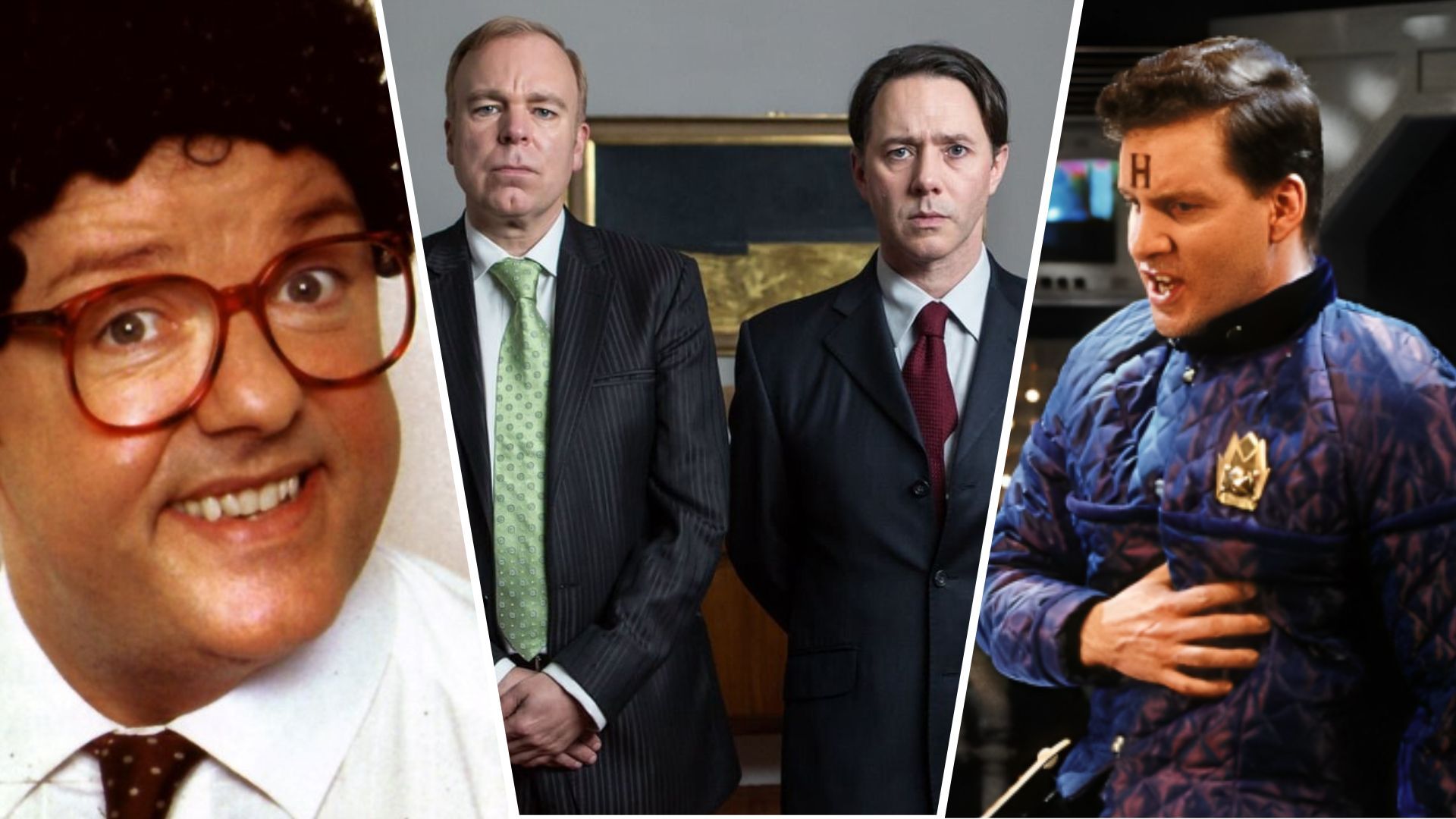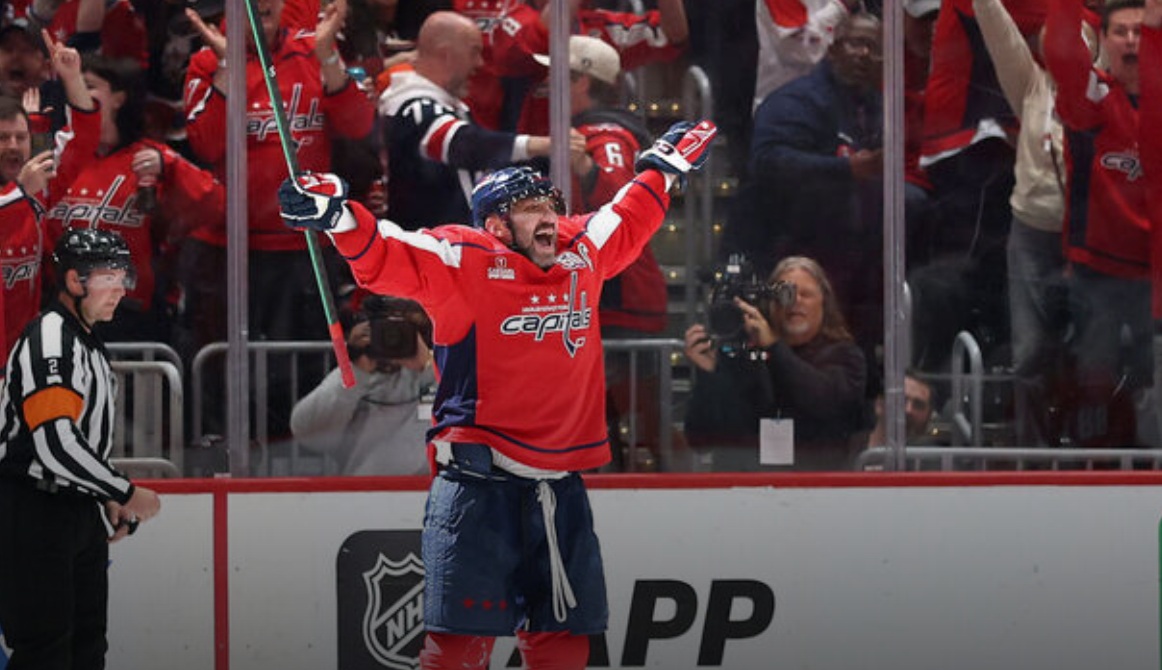The kneeling ban for athletes at the U.S. Olympic trials is over.
The U.S. Olympic and Paralympic Committee has decided it will NOT punish athletes who take a knee — or engage in any other sort of peaceful protest — at the Olympic trials.
In other words, American athletes hoping to use the platform to shine a spotlight on police brutality and racial injustice are now allowed to follow Colin Kaepernick‘s lead without fear of sanctions.
The USOPC issued a 9-page explanation — acknowledging it decided to implement the new policy after conferring with its new Council on Racial and Social Justice.
The org. spells out several forms of peaceful protests that will be allowed at the U.S. Olympic trails — from kneeling to raised fists to wearing clothing items with statements like “Black Lives Matter” and “justice.”
It won’t be a free for all — there are still limits regarding how athletes can demonstrate. For example, athletes are not allowed to do anything that could affect competition — like forming a human wall that would prevent opponents from completing a race, etc.
Also, hate symbols such as swastikas and nooses are also not allowed.
So, how will the new policy affect the Olympic Games in Tokyo?
That’s where things get a little tricky …
The USOPC says its new policy will extend to the 2020 Games — but notes this caveat … it cannot prevent a “third party” from taking action.
USOPC is obviously referring to the International Olympic Committee — which oversees the 2020 Games.
Just because kneeling is cool with the USOPC doesn’t mean the IOC will sign off as well.
The IOC is expected to weigh in on the issue next month. The Tokyo Games are slated to begin in July.
You can view the original article HERE.



